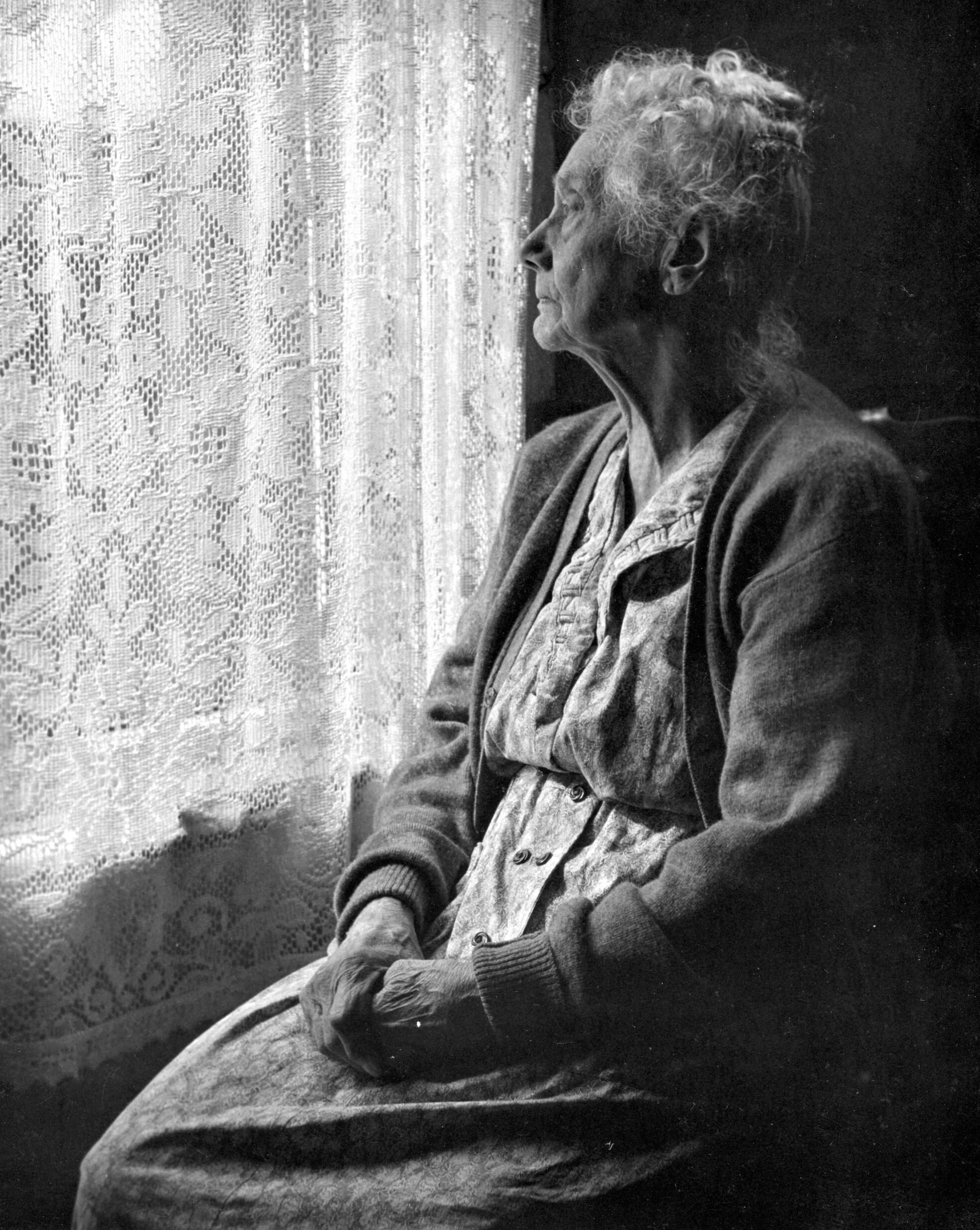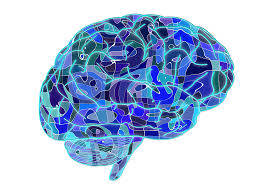Alzheimer’s Disease – What’s Your Attitude?
 When it comes to senior health, Alzheimer’s disease is a major concern. The disease, which is perhaps the most well-known form of dementia, affects more than five million people who are age 65 or older, and it represents the only top-ten cause of death in the United States that can’t be conventionally slowed, prevented or cured. Needless to say, the prospect of developing Alzheimer’s is a scary one for many seniors and their families, which is why any news that might lead to progress in the battle against the disease is exciting.
When it comes to senior health, Alzheimer’s disease is a major concern. The disease, which is perhaps the most well-known form of dementia, affects more than five million people who are age 65 or older, and it represents the only top-ten cause of death in the United States that can’t be conventionally slowed, prevented or cured. Needless to say, the prospect of developing Alzheimer’s is a scary one for many seniors and their families, which is why any news that might lead to progress in the battle against the disease is exciting.
A New Study
Recently, a study administered and published by the Yale School of Public Health analyzed the potential link between negative thoughts about aging and the development of Alzheimer’s. The study found, amazingly, that a person’s own negative thoughts about aging can actually lead to a higher risk of developing Alzheimer’s. The study, which was the country’s most comprehensive and longest-running scientific study on the subject of aging, asked participants to share their attitudes about older individuals. Scientists associated with the study also performed brain scans (and autopsies, when necessary) on participants.
Interesting Findings!
People who shared more negative thoughts about getting older experienced a greater reduction in hippocampus volume. This part of the brain is crucial for memory and cognition, and a decrease is typically associated with the onset of Alzheimer’s disease.
Individuals who expressed negative thoughts about aging also showed a much greater number of other Alzheimer’s indicators including neurofibrillary tangles and amyloid plaques.
How Is This Possible?
 Researchers believe that stress associated with aging is a clear, contributing factor, although scientists are surprised that such a strong connection was found in this particular study. Additionally, the correlation could be related to genetics: those who have a negative view on aging or Alzheimer’s tend to be people directly affected by it because of a family member’s negative experience. It follows that individuals like this would also be genetically predisposed to suffering from the disease.
Researchers believe that stress associated with aging is a clear, contributing factor, although scientists are surprised that such a strong connection was found in this particular study. Additionally, the correlation could be related to genetics: those who have a negative view on aging or Alzheimer’s tend to be people directly affected by it because of a family member’s negative experience. It follows that individuals like this would also be genetically predisposed to suffering from the disease.
Regardless of the conclusions one could draw from the study, one thing is clear: Alzheimer’s awareness is important, and those who suffer from the disease need all the help and understanding they can get! And it wouldn’t hurt to try to find room for some more positive thoughts, either.
Alzheimer’s Help In Your Community
Do you need help with a loved one who may be suffering from Alzheimer’s or another form of dementia? Always Best Care is here to help! Give us a call today at 1 (855) 470-CARE (2273) and learn how you can get a free consultation. We’d love to hear from you!










